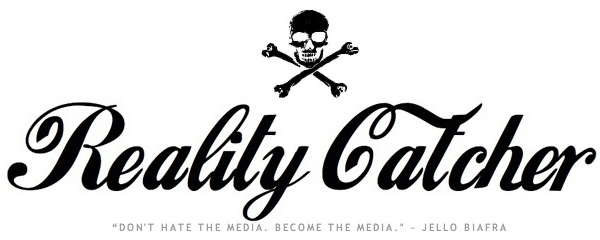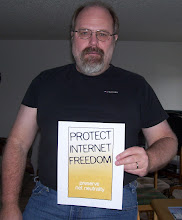
Apr 14, 4:49 AM (ET)
By LIBBY QUAID
WASHINGTON (AP) - The independent label sticks to John McCain because he antagonizes fellow Republicans and likes to work with Democrats.
But a different label applies to his actual record: conservative.
The likely Republican presidential nominee is much more conservative than voters appear to realize. McCain leans to the right on issue after issue, not just on the Iraq war but also on abortion, gay rights, gun control and other issues that matter to his party's social conservatives.
The four-term Arizona senator, a longtime member of the Armed Services Committee, criticized the earlier handling of the war but has been a crucial ally in President Bush's effort to increase and maintain U.S. forces in Iraq.
Besides the war, McCain agrees broadly with Bush and other conservatives on:
- Abortion. McCain promises to appoint judges who, in the mold of Supreme Court Justice Antonin Scalia, are likely to limit the reach of the Roe v. Wade decision that legalized abortion. McCain's record is not spotless on abortion: He said once, in 1999, that Roe v. Wade should not be overturned. But that amounted to a blip in an otherwise unbroken record of opposing abortion rights for women.
"I am pro-life and an advocate for the rights of man everywhere in the world," McCain told the Conservative Political Action Conference in February. "Because to be denied liberty is an offense to nature and nature's Creator."
- Gay rights. McCain opposes gay marriage. True, he does not support a federal ban on gay marriage on grounds the issue traditionally has been decided by states. But McCain worked to ban gay marriage in Arizona. He also supports the military's "don't ask, don't tell" policy, and he opposed legislation to protect gay people from job discrimination or hate crimes.
"I'm proud to have led an effort in my home state to change our state constitution and to protect the sanctity of marriage as between a man and woman," he told CNN in March. "I will continue to advocate for those fundamental principals of our party and our faith."
- Gun control. McCain voted against a ban on assault-style weapons and for shielding gun-makers and dealers from civil suits. He did vote in favor of requiring background checks at gun shows, but in general he sides with the National Rifle Association in favor of gun rights.
When the Supreme Court held arguments last month on Washington, D.C.'s handgun ban, McCain said it was "a landmark case for all Americans who believe, as I do, that the Second Amendment guarantees an individual right to keep and bear arms."
His conservatism could be a problem for McCain - particularly if this November's contest is as close as recent presidential elections, which were decided by independent-minded voters in the center of the political spectrum.
But he might avoid this problem to the extent people know him as an independent-minded politician. And many do view him that way.
"People see him as a centrist. They don't see him as a conservative," said Andrew Kohut, president of the Pew Research Center for the People and the Press.
Democrats are trying to change the perception of McCain. The Democratic National Committee insists that McCain's election would amount to a third term for Bush and Vice President Dick Cheney.
"All he offers is four more years of the failed Bush economy, an endless war in Iraq and shameless hypocrisy on ethics reform," DNC Chairman Howard Dean said last month.
But one broader issue could figure prominently in November - the tumbling economy and consequent job losses, home foreclosures and soaring energy prices.
Those could prove troublesome for McCain, and not only because he acknowledges he's no economic expert.
"We are surely in a time of deep economic insecurity for a majority of the American people," said Curtis Gans, director of American University's Center for the Study of the American Electorate. "That has always led to two things: somewhat higher turnout, and votes against the party in power."
"We are also in a deeply unpopular war," Gans said. "Where there are these differences, and strong differences, they could be in the Democrats' direction."
The Original AP Story






























No comments:
Post a Comment